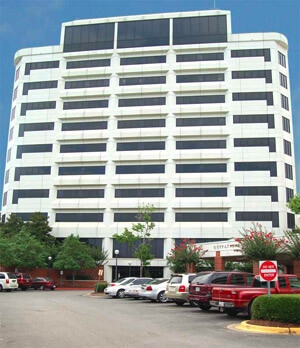Kidney Stones
What are the symptoms?
- Sudden onset of back and/or abdominal pain- coming in waves
- Blood in urine – sometimes
- Feeling like bladder is full but not much urine coming out
- Nausea and vomiting
- Sometimes no symptoms at all if stone is not causing any obstruction
What causes kidney stones to form?
- More common in Caucasians than African Americans
- Family history of kidney stones – predisposition
- Tends to form more often in males
- Usually between ages of 20-50 years old, but can vary
- Low water intake; Dietary factors; Medical conditions
- Warmer climates
How Frequently Do Kidney Stones Occur?
- 5-15% of people will experience a kidney stone attack during their lifetime
- Over $2 billion are spent annually treating kidney stone disease
- 50% will recur if no attempt is made to prevent further stones
What Type of Kidney Stones Are There?
- Calcium Oxalate – most common 70-75%
- Calcium Phosphate 5-10%
- Infection Struvite -(MgNH4PO4) 10-15 %
- Uric Acid 5-10%
- Cystine 1%
- Others 1-2%
How are Kidney Stones diagnosed?
- Urinalysis
- X-rays – CT scan, ultrasound of kidneys, plain abdominal X-ray
How Will My Kidney Stones be Managed Initially?
- Fortunately stones < 5 mm in size have a good chance of passing spontaneously
- Pain medication; Nausea medication
- Fluids – oral and IV
- Tamsulosin (Flomax) may improve stone passage
- Antibiotics if infection is also suspected
When is my Kidney Stone Blockage an Emergency Situation?
- If you develop a fever or chills
- If the pain cannot be adequately controlled with medication
- If your blood tests indicate deterioration of your kidney function
How are Treatment Approaches for Kidney Stone Removal?
The approach(s) will depend on your medical status and overall health, as well as the location, and size of stone(s).
Your urologist should discuss the advantages and success rate of the following preferred approaches, as well as potential risks and complications.
- Cystoscopy and Insertion of Double J Ureteral Stent
- Extracorporeal Shockwave Lithotripsy (ESWL)
- Ureteroscopic laser ablation of stone(s)
- Percutaneous kidney surgery
- Open or Laparoscopic Surgery (rare)
Can I Prevent Further Stone Growth or Formation?
- Drink plenty of fluids – at least 3 quarts/day
- At least ½ of this fluid should be water
- Limit salt intake
- Your doctor may recommend obtaining 24-hour urine collections for evaluation of the urine chemistry
- Certain dietary restrictions and medications may be recommended based on urine and blood chemistry studies
- Stone composition may also determine if antibiotics or other medications are required

